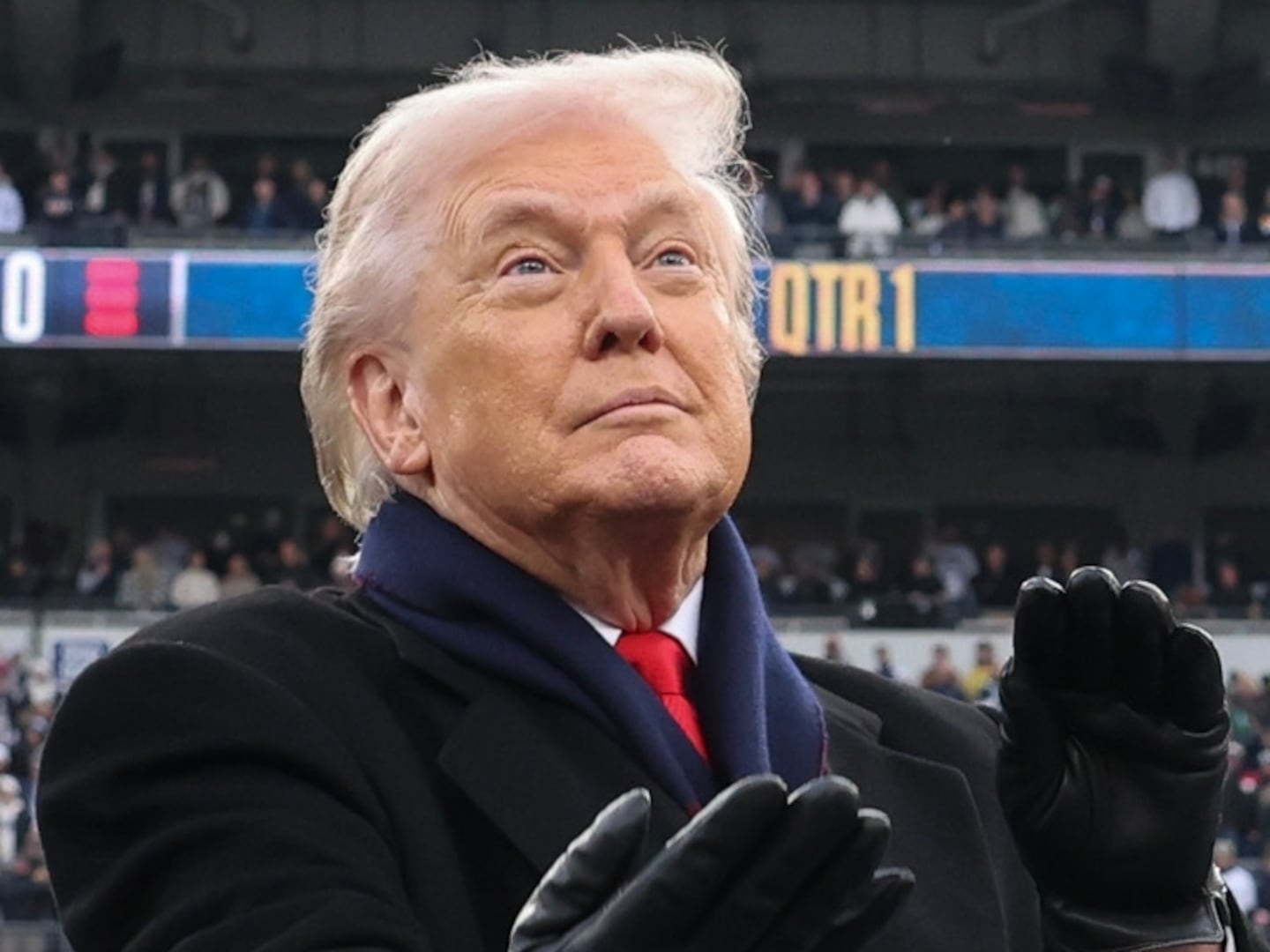
The Obama administration’s new strategy for its nuclear arsenal is making headlines around the world, and deservedly so. But although the new plan rightly places nuclear terrorism and proliferation at the core of U.S. policy, the tools it emphasizes—primarily those relating to the United States’ own nuclear arsenal—are of secondary importance in confronting those threats. Successfully reducing nuclear dangers will depend on efforts largely beyond the new strategy’s scope.
This new plan is fundamentally different from those of previous administrations. Preventing terrorism and proliferation, not boosting deterrence and warfighting, are its touchstone goals. This change in priorities, combined with the Obama administration’s belief that U.S. nuclear restraint begets international cooperation on those fronts, results in a markedly different set of policies.
The benefits of NPT compliance are crystal clear: Play by the rules of the treaty, and you stay out of the nuclear crosshairs of the United States.
The most prominent (and most widely reported) result of Obama’s plan is a new pledge not to use nuclear weapons to attack or threaten non-nuclear states that are members in good standing of the nuclear Non-Proliferation Treaty. Such a promise appears to be aimed at making the benefits of NPT-compliance crystal clear: Play by the rules of the treaty and you stay out of the nuclear crosshairs of the United States. Indeed it will please non-nuclear states that have been demanding such so-called negative security assurances for decades—which could help the United States attract support for its broader nonproliferation agenda.
• Tunku Varadarajan: How Obama Is Weakening AmericaThis effort at explicit linkage, though, yields some strategic muddle. The United States now appears to be keeping open the option of using nuclear weapons against a non-nuclear Iran, but not against other states that might pose identical military threats. (Nor does there appear to be any situation in which nuking a non-nuclear Iran would be necessary—perhaps the reasons that the strategy takes pains to emphasize that its new policy isn’t meant to expand the list of nuclear targets.) The plan also includes an odd caveat explaining that future developments in biological weapons might cause the United States to rethink its policy. But those who oppose threatening a nuclear response to a biological attack do so to emphasize a point about the uniqueness of nuclear weapons, not because they think that biological weapons aren’t potent enough; it’s hard to see why future technological developments would change that.
• Stephen L. Carter: Obama, Don’t Stop Building Nukes To be sure, Obama’s nuclear plan has much to recommend it. U.S. recommitment to a nuclear test ban, including a clear turn away from new nuclear weapons, is strategically wise, as is the emphasis on reducing the size of the U.S. arsenal. The push for intensified strategic dialogue with Russia and China is smart, too, though it will take two (or three) to tango on that front. The process that produced the administration’s new strategy, which moved beyond the traditional Pentagon-focused model and incorporated broad strategic considerations from the White House and State Department, is admirable, as is the extraordinary transparency with which its conclusions have been shared.
Yet none of this will have a decisive impact, one way or the other, on the top priorities the plan lays out. The primary tools for dealing with nuclear terrorism are improved security for nuclear materials and efforts to strengthen counterterrorism and homeland security across the board. The main mechanisms for rolling back North Korea and forestalling a nuclear-armed Iran, both tall orders in any case, will need to be focused on regional security, diplomatic engagement, and economic pressure. Indeed, the administration is attempting to tackle both, most conspicuously through a nuclear security summit next week and a continued effort to slap new sanctions on Iran. Those efforts, though, receive only passing attention. That’s fine: This strategy is supposed to be focused on the U.S. nuclear arsenal. But it means that the administration still has much work to do.






